It’s a little cup of joy for so many of us. Coffee is often part of a daily ritual and an excuse to gather with friends and family. But did you know coffee farmers are growing beans right here in Australia?
It’s thanks to some pioneers who set up the industry – including the Zentveld family. The family are second generation coffee farmers in Byron Bay and were the first commercial sized coffee farmers in NSW.
Partner of Zentveld’s Australian Coffee and President of the Australian Coffee Growers Association, Rebecca Zentveld is passionate about attracting more coffee growers into the industry.
Bec has married into the Zentveld family and it was her husband John’s parents who kick-started the local industry in 1987, becoming the first to grow coffee in NSW. Prior to that, macadamia nuts and avocados were the main crops in the area.
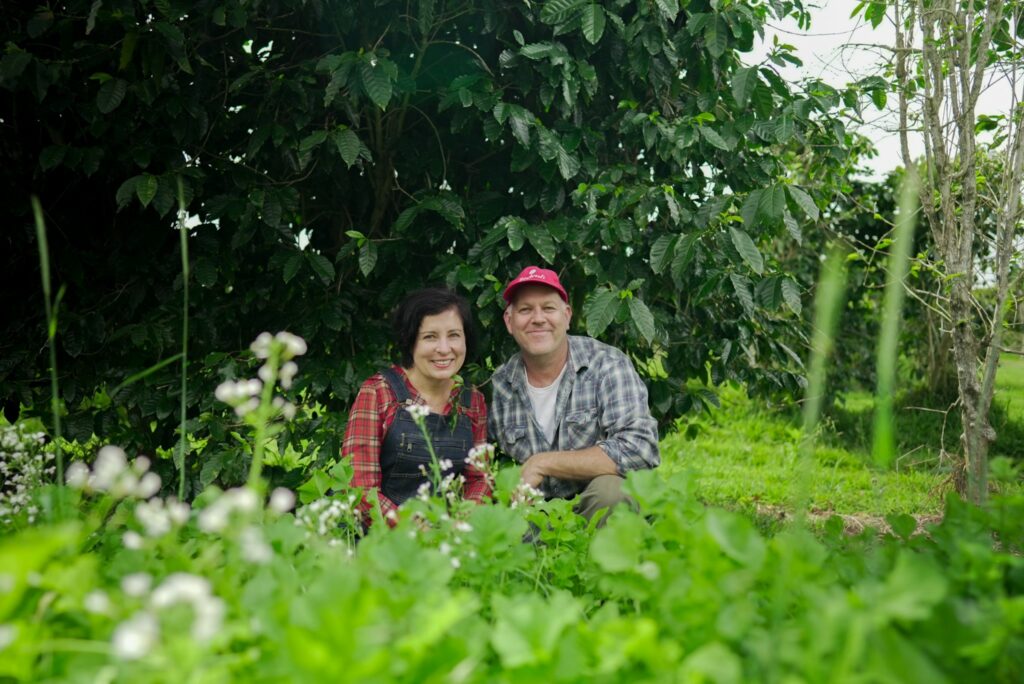
Pest and disease free
At the time, the Department of Agriculture was doing trials on coffee and the Zentvelds put up their hands. One of the real benefits was, there were no pests or diseases impacting the crop. That’s still the case today.
“It’s been a solid 35 years of growing coffee here now and we’re very fortunate that way. No pesticides needed at all. So, it was a really simple crop in that sense,” Bec explains.
No pesticides needed at all.
In northern NSW, there is about a 100 kilometre zone of rich volcanic soil. That mixed with the cooler micro-climate ensures a longer ripening season than most nations, bringing out the sweetness in coffee.
Sweet like chocolate
“We’re renowned for having quite sweet, chocolatey coffee. That was a really good base point and we’re continuing to win many awards. It’s a beautiful, sweet coffee.”
Unfortunately, as delicious as it is, before Bec came on the scene there was no one local focusing on roasting the Australian beans. She started roasting in the garage, before being promoted to the shed and just continued to grow. It was hugely successful with 2023 marking 30 years in the roastery business.
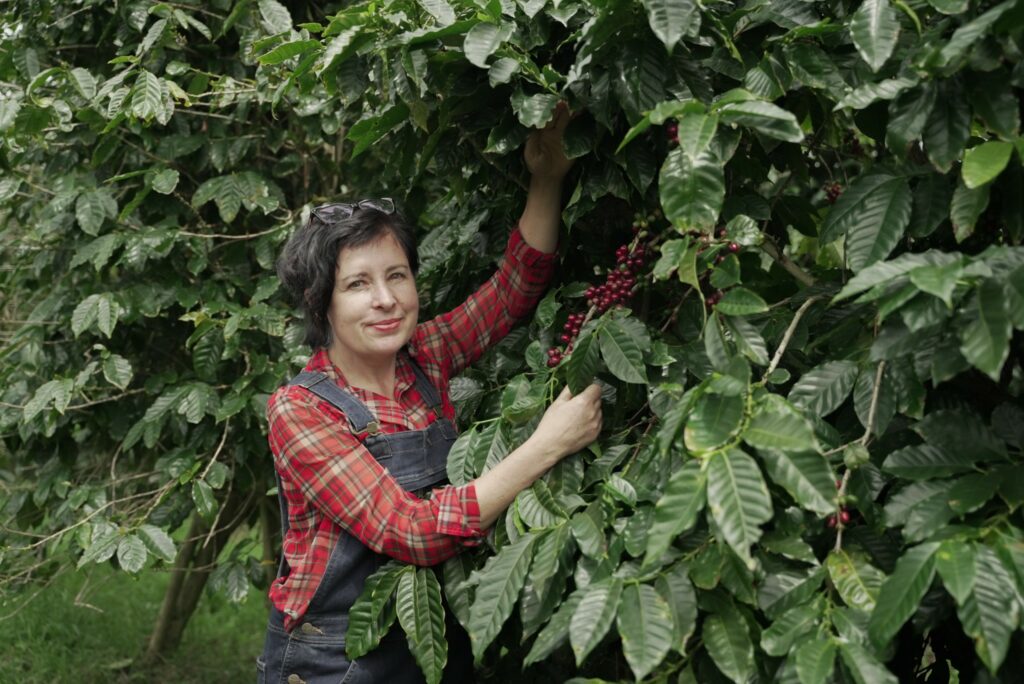
“Being in Melbourne prior, I like to say that I learnt to drink good coffee! Then, I learnt to make good coffee. From the crop to the cup is our specialty.”
Bec says she certainly had to learn to ditch the lattes and drink black coffee to truly develop interesting flavour profiles!
Emerging industry
Coffee has been identified by AgriFutures Australia as an emerging industry. “In a way, that’s frustrating. Why are we still emerging? Why aren’t we considered a settled industry,” asks Bec.
That’s why, unfortunately not every Australian has got to experience an Australian cup of coffee.
“The issue is, there are still so few growers. That’s why, unfortunately not every Australian has got to experience an Australian cup of coffee. There’s limited opportunity for export, to grow that market overseas. We mainly service Australians,” says Bec.
One of the main constraints is the price of land. Coffee growing regions in Australia are limited to the hills behind Byron Bay, the Sunshine Coast in Queensland, the hinterland behind the Gold Coast, a growing area behind Bundaberg and the tablelands behind Cairns.
“Most of these areas have an influx of people from the cities wanting to come and live because it’s such a beautiful lifestyle. You can understand people wanting to grow homes, rather than become farmers.”
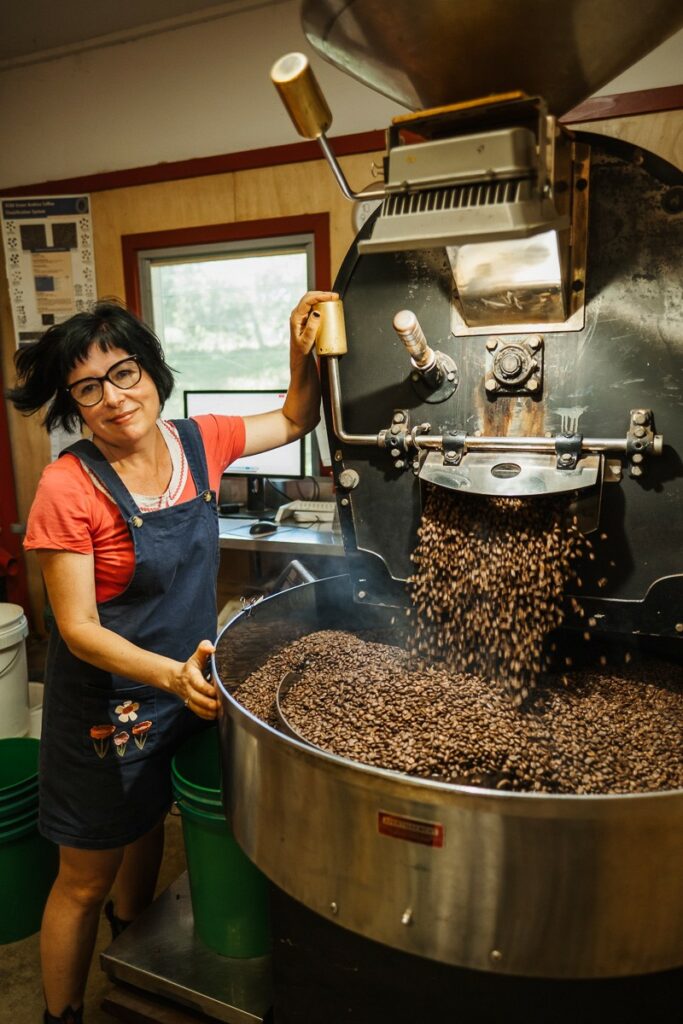
Opening the farm gate to the public
To help grow interest, Bec has opened up the farm to agri-tourism. Visitors enjoy vistas of coffee trees, rainforest and rolling hills from the verandah of the coffee house.
A visit to Zentveld’s Coffee Farm and Roastery also offers a lot more than a cuppa. Guests are able to learn about compost, fish and seaweed supplements for the trees, cover crops and many other aspects of regenerative farming.
“We don’t have the pesticides and now we’d barely ever use a grass spray fertiliser. So, we are looking after the land below the soil whereas the last 30 years the family has been looking after the wildlife and the land above the soil. It just brings us such joy.
“I love being able to chat with our visitors and say the flowers aren’t just grown for prettiness. They are there to add nutrition transfer back to the coffee plants and enliven microbial life back in the soil. It’s very exciting and keeping us much enthused.”
Hear more stories just like Bec’s by subscribing to the Telling Our Story podcast on iTunes (or wherever you listen to podcasts) and follow podcast host Angie Asimus on Instagram for more updates.
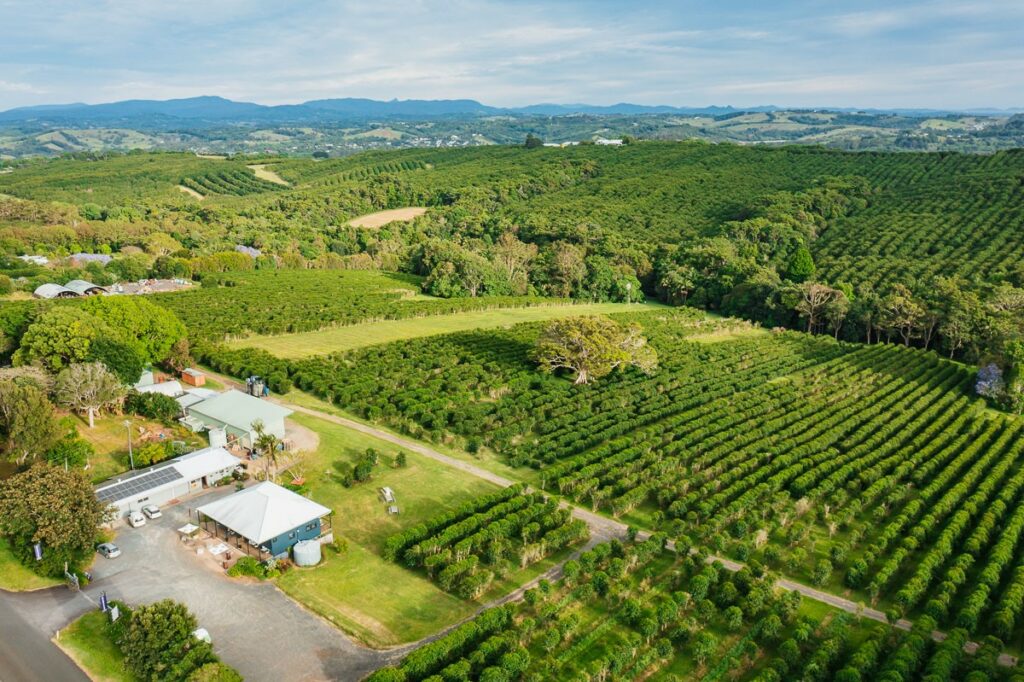





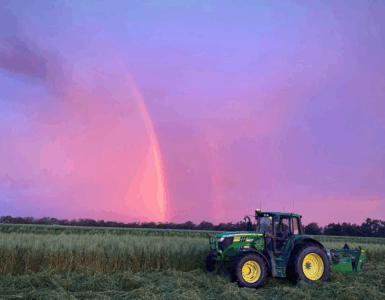
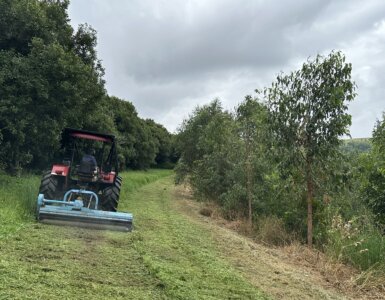
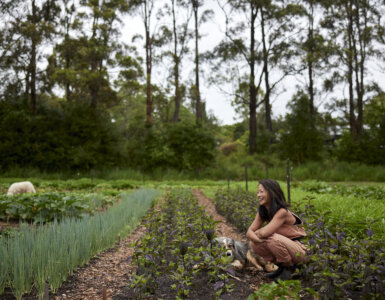































Add comment